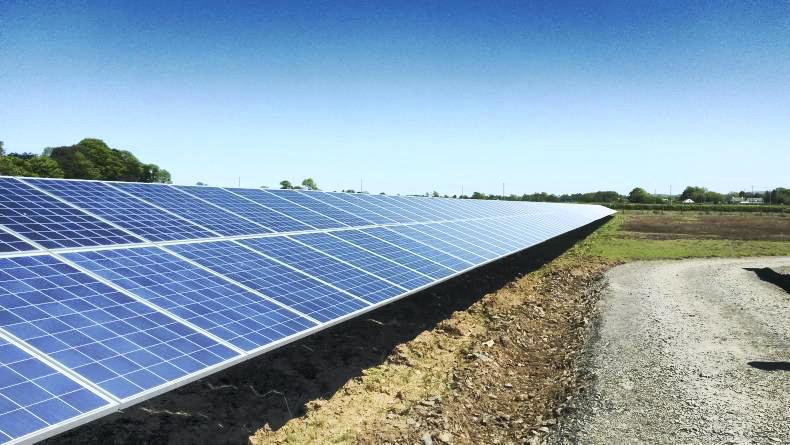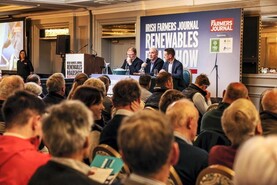Negotiators from the European Parliament, Council and Commission reached an agreement this week on the second Renewable Energy Directive (RED II), which will set the rules for the period 2021-2030.
It's 4 in the morning & what's more the dawning & we are happy as deal done on #RED11 . Pleasure to work with such great people @EU_Commission @Europarl_EN @EUCouncil Thanks all @pepeblancoEP @JerzyBuzek @BasEickhout @ClaudeTurmes @tamburrano @MAC_europa pic.twitter.com/l8FSGl0u1O
— Seán Kelly MEP (@SeanKellyMEP) June 14, 2018
At EU level, 32% of our energy will have to come from renewables by 2030, up from 20% under 2020 targets. If the draft legislation is approved, this will bring Ireland's own 16% target for 2020 to over 25% for 2030. This will be a challenge as the country is already struggling, having achieved only 9.5% in 2016.
Facilitate farmers and co-ops
A support scheme for renewable heat is due to open this year and is widely expected to create a market for biomass grown on farms. A separate renewable electricity support scheme is in preparation for next year to introduce subsidised tariffs for solar electricity for the first time in Ireland – again an option to develop farm-based energy production.
This week's RED II agreement includes provisions to facilitate small-scale and community energy production, opening the prospect of easier access to this business for farmers and co-ops. For example, the draft directive proposes to ban grid connection charges for farmers who install solar panels for their own use and sell excess power without plans for commercial-scale production.
Biofuels debate
In the transport sector, 14% of Europe's energy will have to come from renewable sources by 2030, up from 10% in 2020 – but the share of so-called first-generation biofuels made from food crops such as grain and beet can no longer increase and will be capped at 7% of transport fuel consumption. Palm oil will be banned in biofuels because it is associated with deforestation in tropical countries. Instead, advanced biofuels using waste streams such as wood residue will have to be developed.
This policy U-turn is undermining an outlet for EU farm produce worth over €6bn per annum
This has been criticised by the existing biofuels industry, supported in Ireland by the ICSA. "This policy U-turn is undermining an outlet for EU farm produce worth over €6bn per annum," said ICSA president Patrick Kent. "It is all the more frustrating given that cereal prices are at historically low levels because global inventories are high."
The Parliament and the Council (which represents all member states) must now approve the full directive before it becomes law.






 This is a subscriber-only article
This is a subscriber-only article










SHARING OPTIONS: